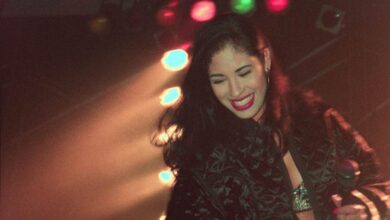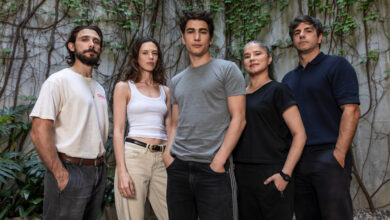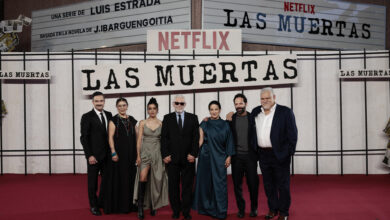To What Extent Must the Original Work be Respected in Adaptations?
The New Productions, Based on Existing Content, are Torn Between Two Arguments: Give Authors Free Rein or Respect the Original Work.

Photo: YT-HBO Latin America
LatinAmerican Post | Ariel Cipolla
Listen to this article
Leer en español: ¿Hasta qué punto hay que respetar la obra original en las adaptaciones?
When series or movies adapted from other formats, such as books, comics, manga or other movies and series, are announced, many doubts arise among fans. On the one hand, there is the hope that the adaptation will be transformed into something superior to the original work. But, on the other hand, the record indicates that most have not lived up to it.
Even, in many cases, the adaptations have been so bad that they are described as "out of canon" by the fan community. What does this mean? Easy: that they are not part of the “original” content, although the producers can affirm that, regardless of the public reception, they continue to be canon.
A clear example can be seen in the future, when "House of the Dragon" comes out. The Game of Thrones prequel series will be based on “Fire and Blood”, another book created by George RR Martin. And many fans are wondering: will the same problem occur as with the original tape? Well, here we analyze it.
Also read: The 6 best biopics of musicians to watch while you wait for the premiere of "Elvis"
The problems of adaptations to new formats
First: what examples are there in this regard? Well, the reality is that many. A very clear example occurred with the "Star Wars" sequel trilogy. Until 2012, when Disney bought the franchise, the continuation of the saga had been carried out through what is known as the "Expanded Universe".
This involved a series of comics that told stories after what happened in "Star Wars: Episode VI – Return of the Jedi". While some of them weren't quite up to what fans expected, being part of another format meant, one way or another, that it was optional content.
The problem occurred when Disney announced a new sequel trilogy and the content did not seem to live up to expectations. So, one of the main criticisms from fans is that they were not adaptations of said comics. In other words, the directors of the film, although they took concepts, had 100% creative freedom.
They did not even ask the creator of the saga, George Lucas, about how he wanted to continue the story. In this case, giving them creative freedom in creating the story seemed to be the cause of the failure. An example of this was seen in the narrative discrepancy between the two directors, which prevented a cohesive plot.
However, it is not the only case. The "Harry Potter" saga was a literary phenomenon, but its film adaptations were a hit. However, many fans of the books complain strongly about the changes that have occurred in the story, with plots omitted, characters missing or scenes radically changed.
This can also be seen on television. As we discussed earlier, "Game of Thrones" was a great television adaptation, at least until season 4 when the series matched the books, the directors had greater creative freedoms and this led to a huge series of problems.
For example, "Game of Thrones" season 1 was extremely faithful to the original work (the book). From season 2 to season 4, the foundations were maintained, but some positive changes were observed. Although things were omitted, in no case did it imply creative debauchery, since there was an internal narrative logic.
It is in season 5, as we had indicated, when the problems began to become evident. By not respecting the official plot of the books, since they had surpassed it, a large part of the audience considered that "the essence of the saga was not being respected". And proof of this occurred with the last installment, the most controversial in the history of the series.
An even clearer example is seen with anime. For example, the "Dragon Ball" movie: "Dragon Ball Evolution" is considered one of the worst in movie history. The reason is simple: the director seems to have never seen the original saga and had a free interpretation of what makes Dragon Ball, both aesthetically and narratively.
So what should directors do in these adaptations? Well, the key seems to be in achieving balance. If the adaptation is 100% the same as the original content, there may be no motivation to consume something that has already been seen. However, it is not necessary to modify the essential aspects either.
An example will occur with "One Piece", one of the most iconic anime in history, which will have its live-action adaptation on Netflix. For this, the personality of the characters and the congruence of the story would have to be maintained, but some details of the story could also be modified, to give it freshness.
You, what do you think about adaptations?




